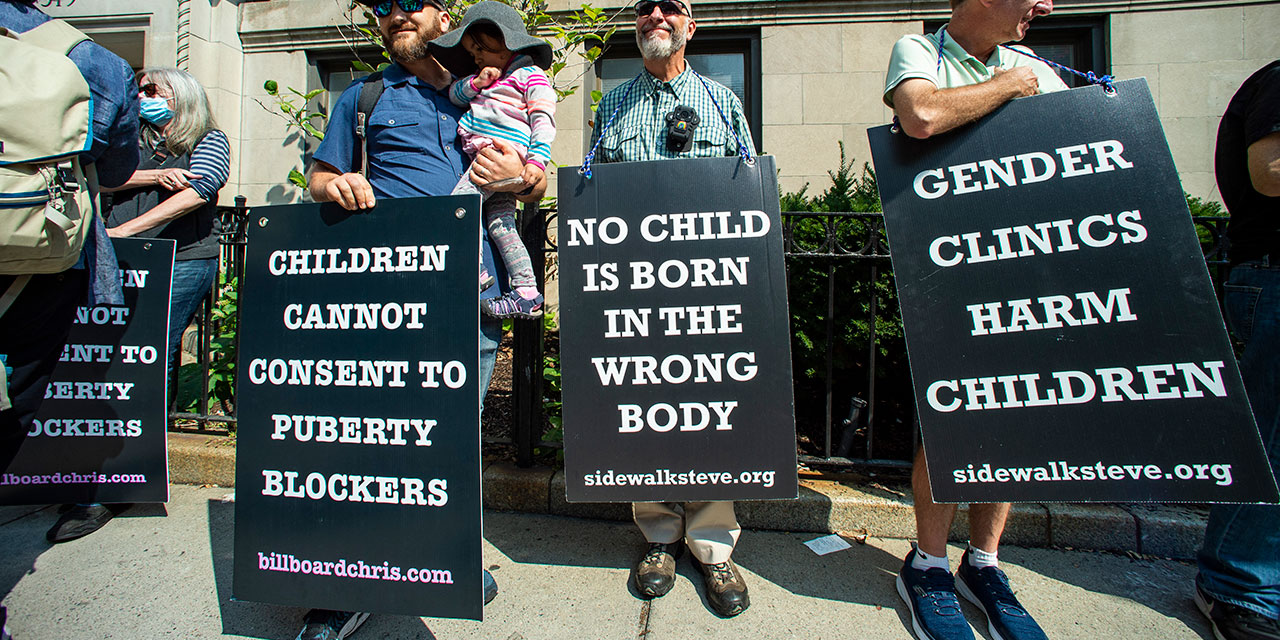On March 13, the Trump administration waived the requirement that medical professionals who bill Medicare and Medicaid be licensed in the state where they provide services (providing that they have an equivalent license in another state). Known as an “1135 waiver,” this action allows local health authorities to respond quickly during emergencies, without worrying about whether providers will be paid for their services. But this salutary move doesn’t eliminate other licensing barriers that prevent physicians from helping in areas hard hit by the coronavirus, and which impede the development of tele-health services that could help combat Covid-19.
Medical needs associated with national emergencies tend to be distributed unequally, and that’s true in this crisis, too. American coronavirus cases are currently concentrated in the Pacific Northwest and around the New York City metropolitan area. As a result, hospital systems in these places are beginning to feel the pressure of shortages of medical supplies, intensive-care equipment, and trained personnel.
Regulatory barriers that keep physicians from practicing across state lines make matters worse. Physicians are licensed by state medical boards, which are responsible for verifying the doctors’ competence, qualifications, and character, and are empowered to discipline those who violate rules with fines or even the revocation of licenses. Most physicians are licensed to practice only in a single state. In 2018, only 14 physicians across the country—out of almost 1 million—were licensed to practice in all 50 states. States can facilitate treatment of patients in emergency situations, and a patchwork of some 200 interstate medical-licensing compacts helps to some degree. But these arrangements have been enacted inconsistently and often still impose significant burdens.
Physician licensing by states was established in the nineteenth century, when medical science was rudimentary and clinical standards were inconsistent. The system was not designed for an era of federal insurance regulations and national medical entitlements, when many physicians move across state lines at some point in their careers. By obliging physicians to acquire an extra license to practice in every state where their patients might be located, state licensing also makes it hard to scale up tele-health. This concern is less relevant to emergency care but may restrict primary-care doctors from seeing patients stuck at home during the coronavirus—and could restrict the ability of mental-health professionals to meet surging demand for their services across the country.
States are not required to recognize medical licenses from other states, even though state license requirements are usually similar. Physicians must typically complete medical school and residency programs (both already accredited nationally), share information about past malpractice suits, provide references and details of continuing medical education, and pass the U.S. Medical Licensing Exam, which serves as a common evaluation system for doctors nationwide. A few states impose extra requirements, such as face-to-face interviews or additional courses.
In most states, medical-board activities are entirely funded by fees. In fact, the biggest differences between state medical licenses may be the fees that applicants must pay—they range from $35 in Pennsylvania to $1,090 in Rhode Island for an initial application—and the length of time (from one to three years) before physicians must pay for a renewal. The loss of these fees may be the main political obstacle to requiring cross-state recognition of licenses, as is already the case in the European Union. State medical boards, by some estimates, currently receive $350 million yearly in revenue from fees and could stand to lose around $100 million if they had to recognize licenses from other states. Given the amounts of money that Congress is currently spending, with little precision, providing subsidies to make up the lost funds in return for requiring interstate license recognition would be a good investment.
Congress should act now to require reciprocal acknowledgement of medical certification by all states. In the current crisis, states will do what they can to let medical professionals from other states help on an ad hoc basis. But the change should be made permanent: it surely makes sense to let licensed doctors treat patients wherever they’re needed.
Photo by John Moore/Getty Images




